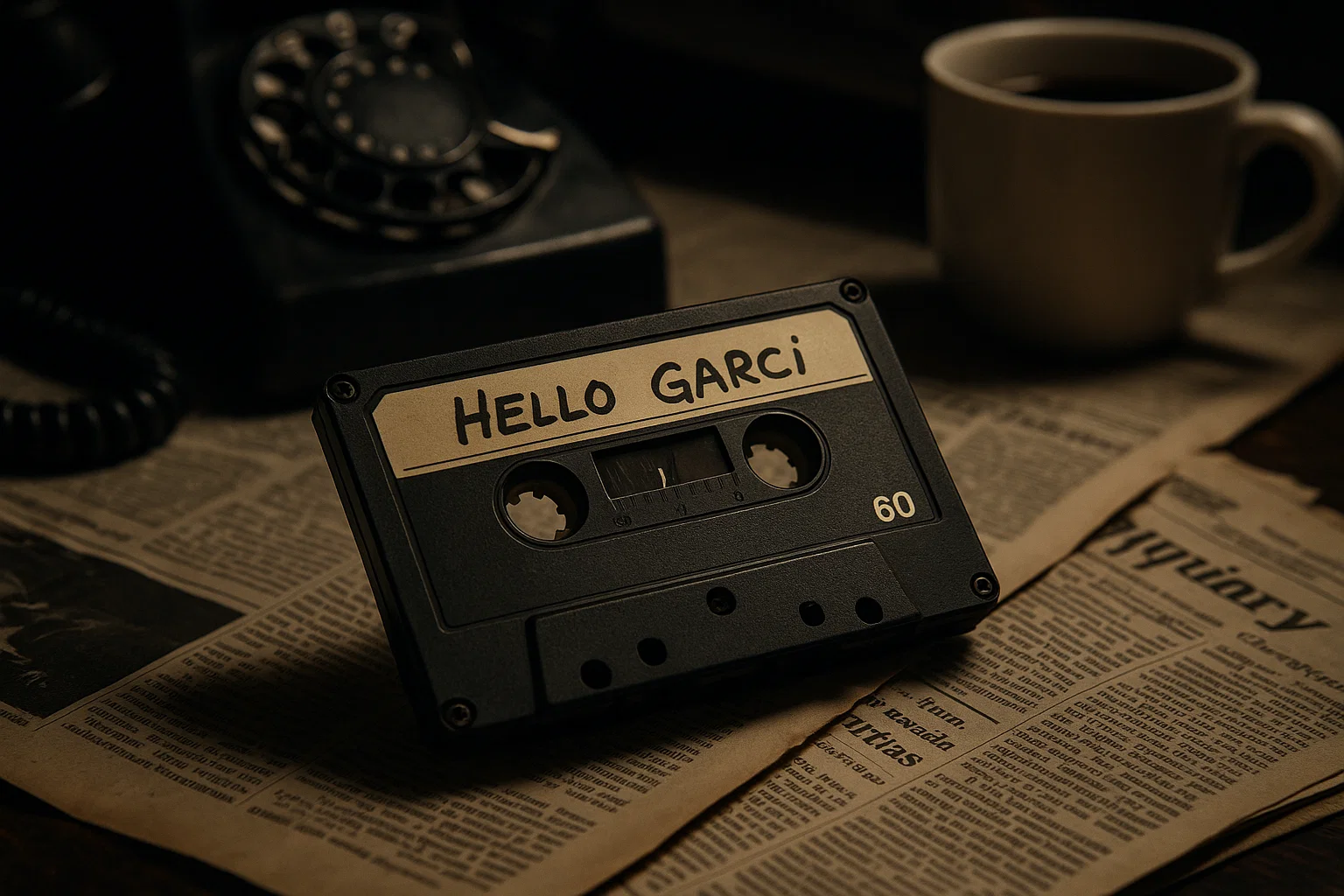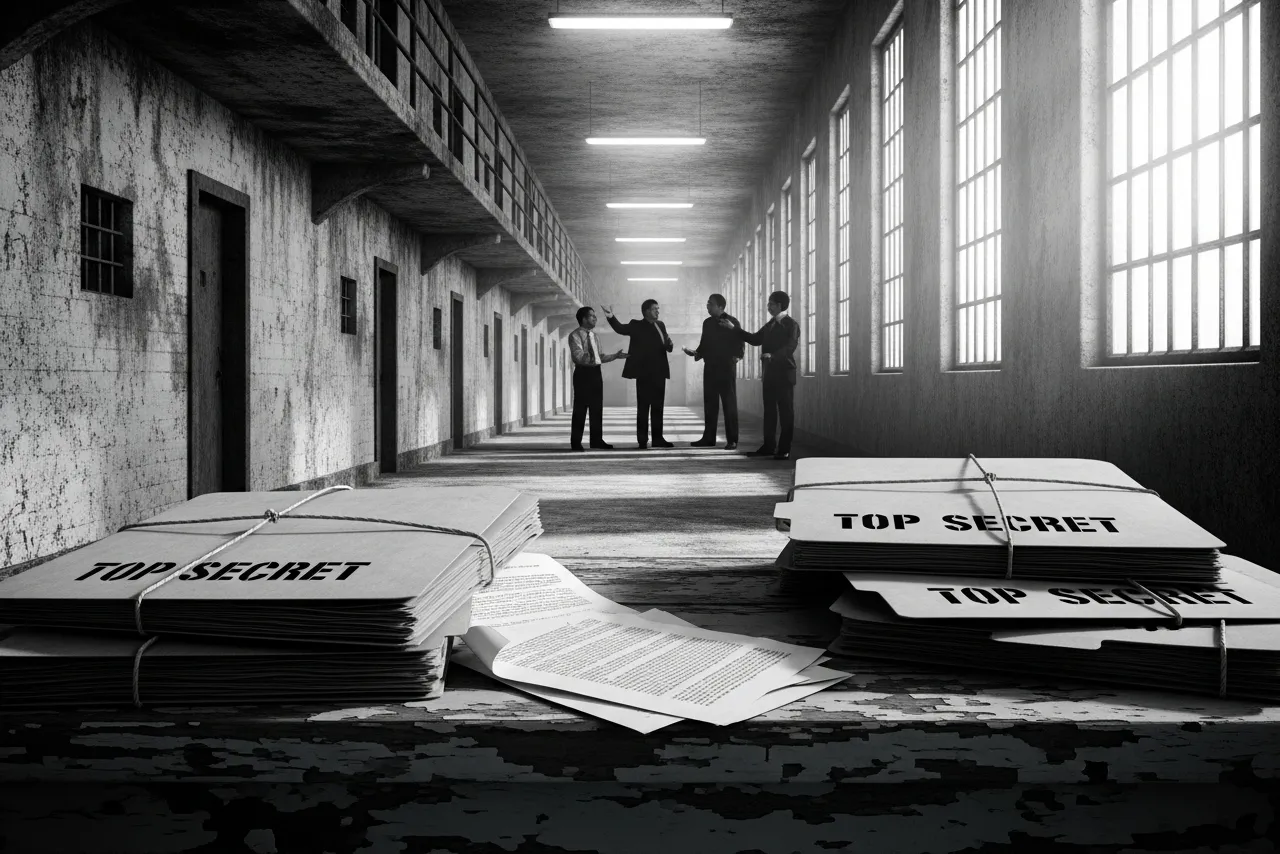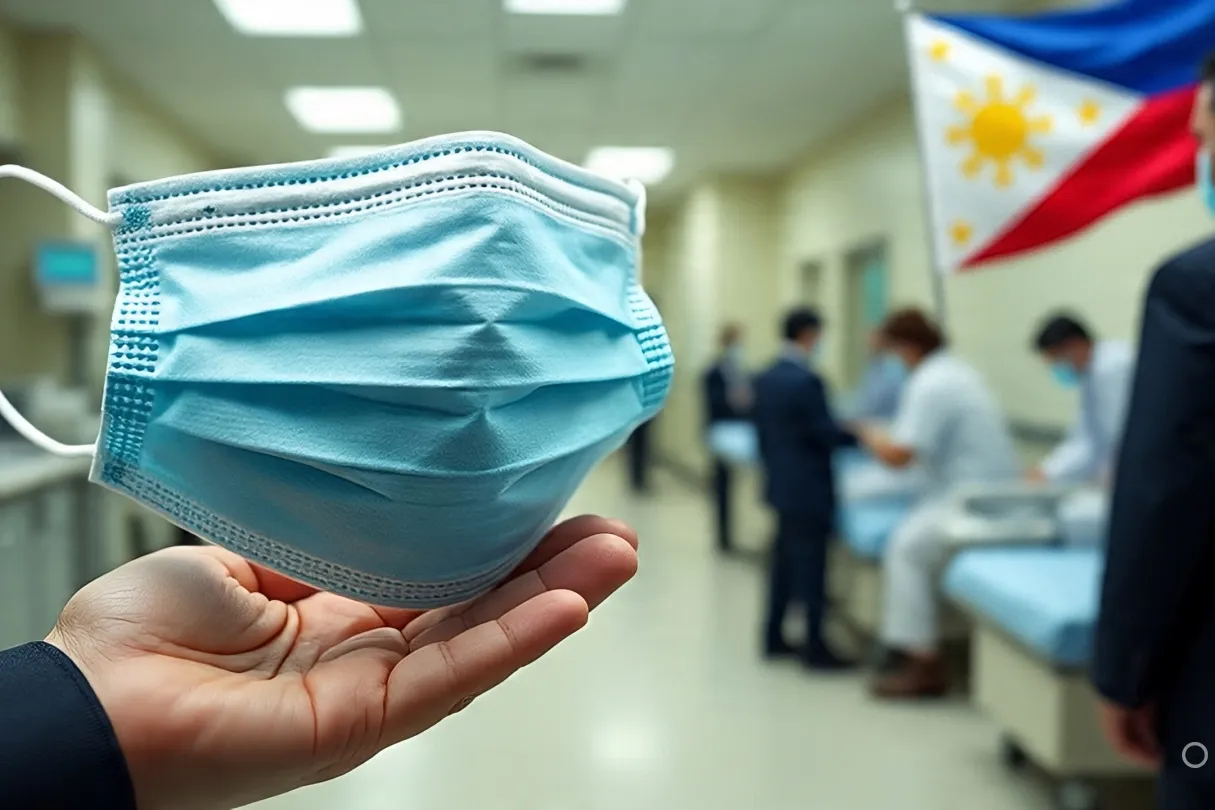In the chaotic world of Philippine politics, scandals often come and go like typhoons. But in 2005, one wiretap storm refused to pass. Known as the “Hello Garci” scandal, it all started with a leaked audio recording allegedly featuring President Gloria Macapagal Arroyo and Commission on Elections (COMELEC) Commissioner Virgilio Garcillano. The tapes appeared to capture a conversation about manipulating the results of the 2004 presidential election. The public was stunned. Politicians scrambled. Late-night jokes practically wrote themselves. And yet, almost two decades later, the story still echoes in conversations about Philippine democracy.
- 🗳 Background on the 2004 Elections
- 🎙 The Leaked “Hello Garci” Recordings
- 🔍 How the Tapes Were Discovered and Made Public
- 🎙 Most Famous Lines from the Hello Garci Tapes
- 📅 Table 1: Timeline of Events
- 💼 Political Reactions and Protests
- 🗳 Election Reform Measures After the Scandal
- 🧑🤝🧑 Table 2: Key Political Players and Their Roles
- 🕰 Impact on Trust in Philippine Elections
- 📌 Frequently Asked Questions (FAQ)
- 🖥 The Digital Shadow of Hello Garci
🗳 Background on the 2004 Elections
The 2004 Philippine presidential elections were billed as a battle between the incumbent President Gloria Macapagal Arroyo and popular movie star Fernando Poe Jr. (FPJ). The political climate was tense—economic uncertainty, insurgencies, and distrust in institutions set the stage for a heated race. Arroyo, who had assumed the presidency after Joseph Estrada’s ouster in 2001, faced the challenge of winning a full term through direct election.
Voting day on May 10, 2004, was a spectacle in itself. Turnout was high, and media coverage was relentless. By the official count, Arroyo won with a margin of about one million votes over FPJ. While the result was hailed by her supporters as a mandate, the opposition immediately cried foul. Allegations of vote-buying, intimidation, and electoral manipulation began circulating even before the Commission on Elections had finished the count.
Still, Arroyo was sworn in on June 30, 2004. For many, that seemed like the end of the story. They were wrong.
🎙 The Leaked “Hello Garci” Recordings
In June 2005, the political landscape shifted overnight. Two audio recordings began circulating—first whispered about in political circles, then sold openly as bootleg CDs in markets, complete with photocopied covers. The star of these tapes? A female voice, widely believed to be President Arroyo, speaking to a male voice allegedly belonging to COMELEC Commissioner Virgilio Garcillano.
The most infamous snippet was a simple greeting that would become political shorthand for election cheating:
“Hello, Garci? So, will I still lead by more than one million?”
The implication was clear: the president was checking in to make sure her lead over FPJ was secure—by any means necessary. While the government initially dismissed the recordings as fabricated, public interest only grew. Every radio station, TV news program, and neighborhood sari-sari store seemed to be buzzing about it.
🔍 How the Tapes Were Discovered and Made Public
The origins of the recordings remain murky, but multiple accounts point to intelligence officers involved in lawful wiretapping operations against suspected terrorists. Somehow, conversations unrelated to those targets were captured—including the now-famous exchanges between Arroyo and Garcillano.
These tapes reportedly passed through several hands before ending up in the possession of opposition lawmakers and media outlets. Once aired publicly, the genie was out of the bottle. The Arroyo administration scrambled to contain the fallout, suggesting the tapes were doctored, but refused to allow an independent forensic analysis.
Congressional hearings became political theater. Witnesses appeared and vanished. Garcillano himself famously “disappeared” for weeks, only to reappear and deny everything. The entire affair had all the hallmarks of a political thriller—except it was painfully real.
🎙 Most Famous Lines from the Hello Garci Tapes
- “Hello, Garci? So, will I still lead by more than one million?”
- “Don’t worry, ma’am, we will make sure.”
- “It’s already taken care of.”
- “We just have to protect the lead in Lanao.”
- “The operators are in place.”
📅 Table 1: Timeline of Events
| Date | Event Description |
|---|---|
| May 10, 2004 | Philippine presidential elections held |
| June 30, 2004 | Arroyo sworn in for a full term |
| June 2005 | Leaked Hello Garci tapes surface |
| July 2005 | Arroyo issues televised apology for “talking to an election official” but denies cheating |
| August 2005 | Garcillano testifies in Congress, denies wrongdoing |
| 2005-2006 | Street protests and impeachment attempts fail |
💼 Political Reactions and Protests
The public reaction was a mix of outrage, disbelief, and political fatigue. Opposition leaders called for Arroyo’s resignation. Civil society groups organized street protests, echoing the people power movements that toppled previous leaders. Yet the turnout was smaller than expected, signaling either a growing cynicism or resignation among the populace.
Arroyo’s allies in Congress blocked impeachment attempts. Her political machinery, built on deep patronage networks, proved resilient. The “I Am Sorry” televised address she delivered in July 2005 was a calculated move—admitting to speaking with a COMELEC official during the election period, but denying that it was to cheat. For some, it was enough. For others, it was an insult to their intelligence.
🗳 Election Reform Measures After the Scandal
- Passage of the Automated Election System Law to modernize vote counting
- Stricter rules on election official communications during polling
- Increased penalties for election-related fraud and bribery
- Establishment of independent poll watchdog groups
- Efforts to improve transparency in COMELEC operations
🧑🤝🧑 Table 2: Key Political Players and Their Roles
| Name | Role in Scandal | Public Perception |
| Gloria Macapagal Arroyo | President, alleged voice in tapes | Skilled political survivor, polarizing |
| Virgilio Garcillano | COMELEC Commissioner, alleged co-conspirator | Master operator or scapegoat, depending on view |
| Opposition Lawmakers | Leaked tapes to public | Champions of truth or political opportunists |
| AFP/Intelligence Officers | Alleged source of wiretap | Whistleblowers or rogue elements |
🕰 Impact on Trust in Philippine Elections
The Hello Garci scandal deepened a long-standing distrust in the Philippine electoral system. For many Filipinos, it confirmed suspicions that elections could be swayed not just by voters, but by those counting the votes. The tapes became shorthand for the idea that “every vote counts—but some votes count more than others.”
In the years following the scandal, voter apathy grew. The narrative that “cheating is part of the game” became more entrenched, undermining reform efforts. Even when new technologies and laws were introduced, the shadow of Hello Garci loomed over every election cycle.
📌 Frequently Asked Questions (FAQ)
Q: Was the audio authentic?
A: The Philippine government never authorized a full forensic verification of the tapes. Independent analyses suggested they were genuine, but official channels maintained they were spliced or doctored. This ambiguity allowed both sides to hold their ground without definitive resolution.
Q: Did anyone face charges?
A: No one was convicted specifically for the Hello Garci scandal. Impeachment attempts failed, and while several election officials faced administrative cases, most were eventually dismissed or quietly resolved. This lack of accountability remains a sore point.
Q: Why didn’t the protests succeed in removing Arroyo?
A: Unlike the massive uprisings of 1986 and 2001, the 2005 protests failed to mobilize a broad coalition. Many Filipinos were tired of political instability, and Arroyo’s allies controlled key institutions. Patronage politics also helped her maintain loyalty in Congress.
Q: How did the scandal affect future elections?
A: It led to reforms in election technology and oversight, but also entrenched public cynicism. Many voters became skeptical that any election could be fully clean, even with new systems in place.
Q: Could a Hello Garci-type scandal happen today?
A: While modern communication tools and automated counting reduce some risks, digital hacking and disinformation campaigns present new challenges. In some ways, cheating has simply evolved with technology.
Q: What happened to Garcillano after the scandal?
A: Virgilio Garcillano largely faded from the public eye. He maintained his innocence, occasionally surfacing in news reports, but never faced major legal repercussions.
Q: Did Arroyo ever admit wrongdoing?
A: She admitted speaking to Garcillano but insisted it was not to influence results. Her careful choice of words allowed her to apologize without making a legal confession.
Q: Why does the Hello Garci scandal still matter?
A: It remains a cultural reference point for electoral fraud in the Philippines. The phrase “Hello Garci” instantly recalls issues of political manipulation, lack of accountability, and the fragility of democratic institutions.
Q: Were there international reactions to the scandal?
A: International media covered it extensively, framing it as another example of democratic backsliding. However, foreign governments generally avoided direct criticism, preferring to maintain diplomatic relations.
Q: How did technology change the way cheating is done?
A: From manual ballot switching to sophisticated data manipulation, election fraud has adapted to the times. The tools have changed, but the underlying motivations remain the same—power at any cost.
🖥 The Digital Shadow of Hello Garci
Today, political scandals break faster and spread wider thanks to social media. If Hello Garci happened in the era of Twitter and TikTok, the fallout would have been immediate and potentially more damaging. But the essence of the story—a leader accused of rigging her own election—remains timeless.
The tapes may have gathered dust, but the lessons are alive: vigilance, transparency, and accountability are non-negotiable in any democracy. And as long as the name “Hello Garci” triggers a knowing smirk or a sigh, the Philippines will continue to grapple with the ghost of a wiretap that just wouldn’t die.




